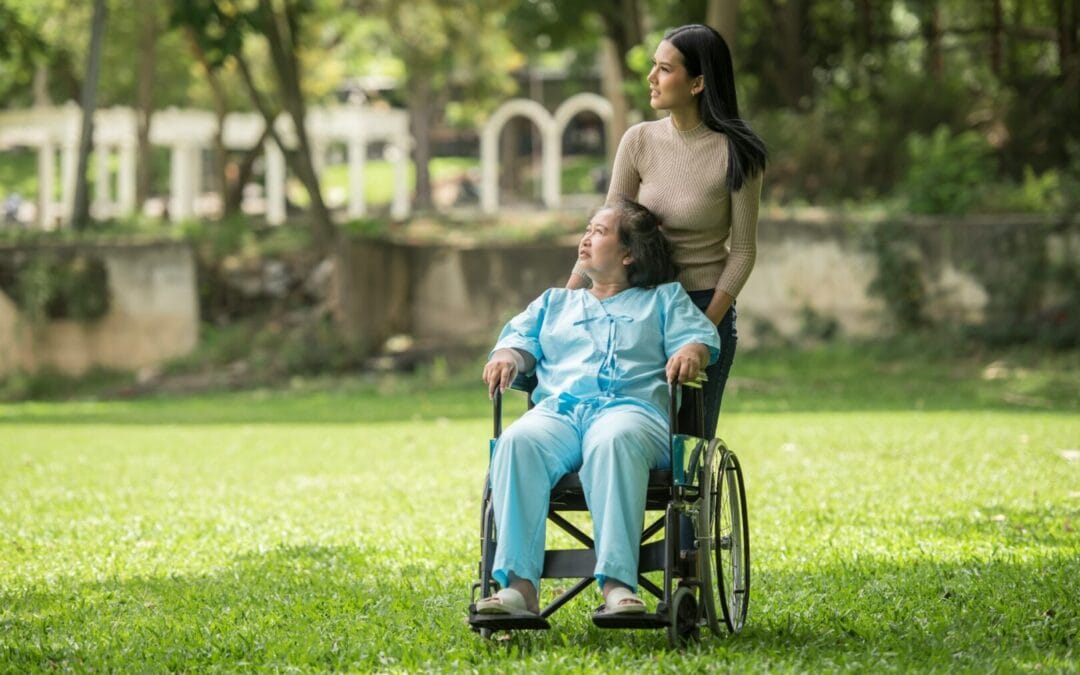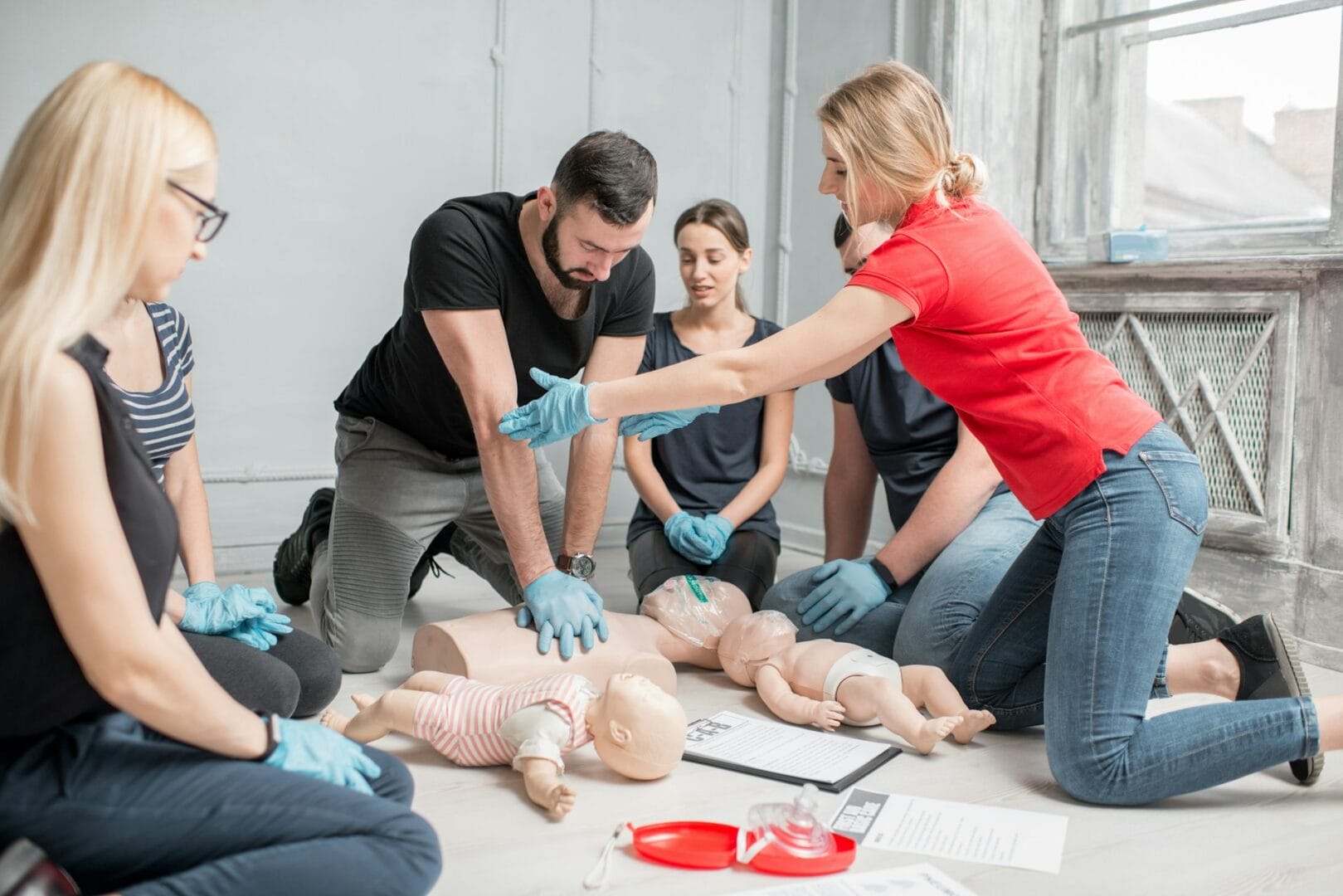Choosing the right caregiver training program is a pivotal step in ensuring that your loved one gets the care they need. Caregivers often play an invaluable role in the lives of those they look after, providing not just practical support but also emotional and social companionship. The training they receive must be top-notch to handle all aspects of caregiving, from everyday tasks to unexpected health issues. It’s one thing to hire a caregiver whose resume looks good; it’s another to ensure they’ve received the training that matches your specific needs.
Consider families with aging parents who have recently been diagnosed with a chronic illness. The family might suddenly find themselves in unfamiliar territory, needing to incorporate new medical routines and lifestyle changes. Having a well-trained caregiver can be the cornerstone of a smooth transition during such times. It’s like learning to drive a well-maintained car that you’ve always trusted, and now there’s a need to ensure it is suited to a new terrain. Whether it is handling medications or assisting with mobility, the right training program will provide caregivers with the skills needed to adapt and ensure safety and comfort for everyone involved.
Identifying Your Needs
The first step in selecting an appropriate caregiver training program is to assess the unique needs of your loved one. Every individual requires distinct types of care based on their health conditions, age, and personal preferences. Here’s how you can effectively determine what’s necessary:
– List Health Conditions: Take stock of the medical conditions that need attention. Whether it’s diabetes, mobility issues, or cognitive challenges like dementia, knowing these will help you focus on programs that cover these areas.
– Daily Routine Requirements: Consider what the daily care routine looks like. Is there a need for assistance with bathing and dressing? Is meal preparation a priority? Identifying these areas will help in pinpointing a program rich in practical caregiving skills.
– Emotional and Social Care: It’s not just about physical care. Emotional support can be equally important. Look for training that encourages social interaction and emotional understanding, helping caregivers foster a supportive environment.
Understanding different caregiver training programs is crucial. There are options focusing on general caregiving skills, while others provide specialized training for specific health conditions. Make sure the program curriculum aligns with your needs. Some training sessions are available online, offering flexibility, while others might include in-person hands-on training, which can be more effective for practical skills.
The significance of tailored training can’t be underestimated. A one-size-fits-all approach seldom works in caregiving. Personalized programs ensure that caregivers meet the specific needs of your loved one, making them more comfortable and prepared to handle various situations. Whether it involves managing medications or providing companionship, tailored training prepares caregivers to offer the kind of care that makes a real difference in daily life.
Finding Reputable Programs
Once you’ve identified what you need, the next step involves searching for reputable caregiver training programs. Not all programs are created equal, so trust and credibility are key here. Start with some basic research to ensure the program meets the necessary standards.
– Check for Certification: Ensure that the program is properly certified and operates under necessary healthcare regulations. This guarantees that the curriculum is up to snuff and follows the current standards of caregiving.
– Ask for Recommendations: Reach out to healthcare professionals or local community health resources for program suggestions. They often have firsthand insights into program effectiveness and can provide valuable guidance.
– Read Reviews: Look at reviews or testimonials from those who have previously participated in the program. It gives an idea of what to expect from the curriculum and training quality.
Don’t hesitate to contact a program for more details or ask questions to clarify any doubts. A reputable program will welcome inquiries and provide ample information about their teaching methods, curriculum, and outcomes, allowing potential participants to make informed decisions.
Evaluating Curriculum and Support
When you’re on the hunt for the best caregiver training program, the curriculum and support offered play a huge part in the decision-making process. A solid program should cover the essentials of caregiving, including topics like personal care techniques, medical fundamentals, and emergency response. These core elements ensure caregivers are ready to tackle everyday challenges with confidence.
Hands-on training is another key aspect to look out for. It’s one thing to read about skills, but applying them in practice truly engrains knowledge. Imagine a scenario where a caregiver learns to correctly lift a patient to prevent injuries. Practical sessions provide valuable experience, making sure caregivers are not just theoretically prepared but can also handle real-life situations smoothly and safely.
Ongoing support should not be overlooked. An effective program includes resources and access to professionals for additional guidance after the initial training phase. This support could come in the form of refresher courses, online resources, or a community forum where caregivers exchange advice and experiences. Continuous learning and support foster a culture of improvement and resilience, crucial traits for anyone in the caregiving field.
Making the Decision
Now that you’ve gathered information, it’s time to make a decision. Start by comparing the program costs and find out whether financial assistance is available, if needed. Caregiver training can be a significant investment, so it’s wise to explore your options.
Flexibility is another factor. Some programs offer flexibility in scheduling to accommodate your needs, especially valuable if you’re balancing other responsibilities. Evening classes, weekend options, or self-paced online modules can make a world of difference.
Discussing the decision with family members is a good idea. Their insights and perspectives may bring up considerations you hadn’t thought of. A collective discussion can also make the transition smoother for everyone involved, fostering a sense of unified support and collaboration.
Empowering Your Care Journey
Choosing the right caregiver training program is more than just enrolling in a course; it’s about empowering yourself and your loved ones. The right program equips caregivers with not just skills but also the confidence to face daily caregiving challenges with poise. Armed with the proper training, caregivers can transform the care environment into one that’s both compassionate and efficient, adaptable to the shifting needs of those in their charge.
Beyond the immediate benefits, investing in quality caregiver training lays the foundation for a sustainable care journey. As situations evolve, so do caregiving demands, and a meticulously chosen program prepares caregivers to adapt and thrive, making life a little easier and more reassuring for everyone involved.
Navigating the journey of selecting the right caregiver training program can feel overwhelming, but making an informed decision is crucial for effective care. Let DuMonde Management & Consulting guide you through this process. Explore our caregiver training programs to find the training that meets your needs and equips caregivers with essential skills. Embrace the opportunity to enhance your care journey, ensuring that your loved ones receive the compassion and expertise they deserve.



